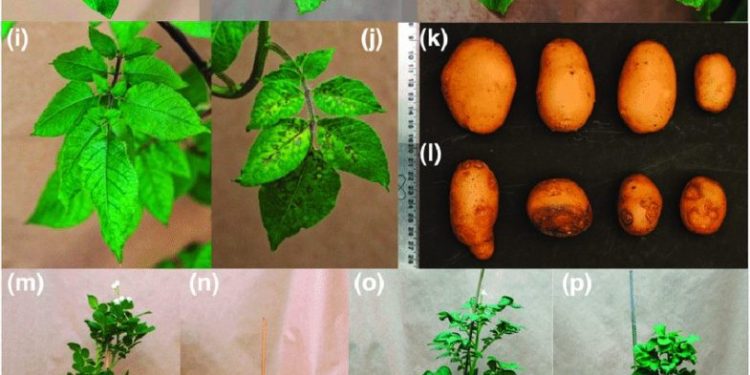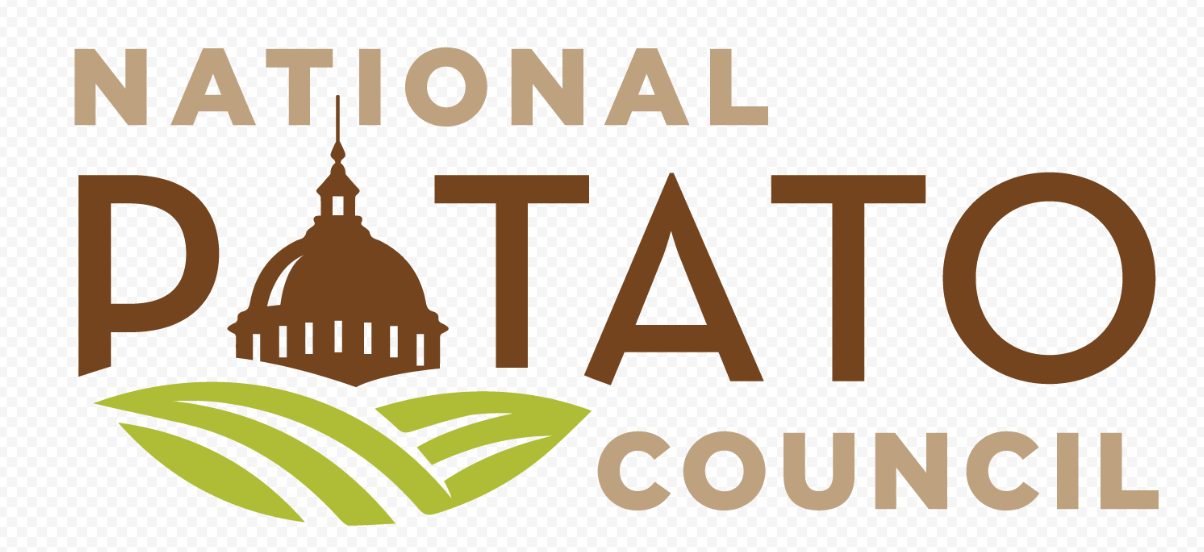Potato is one of the most important crops globally, and potato virus K (PVK) is a serious threat to potato production. This article aims to provide information on PVK, including symptoms, transmission, and prevention strategies.
Potato virus K (PVK) is a damaging virus that can cause significant yield losses in potato crops. PVK is transmitted by aphids, contaminated equipment, and infected seed potatoes. Symptoms of PVK include stunted growth, leaf curling, and yellowing of leaves. The virus can also affect the quality of potato tubers, leading to deformities and reduced yields.
PVK management includes the use of certified disease-free seed potatoes, crop rotation, and controlling aphids with insecticides. Early detection and prompt destruction of infected plants can also help prevent the spread of PVK. Planting virus-resistant potato varieties is another effective management strategy.
Preventing PVK from spreading to new regions is critical. To achieve this, it is important to ensure that all potato seed potatoes are PVK-free. Additionally, farmers should follow proper sanitation practices, including cleaning equipment and using insecticides to control aphids.
In conclusion, PVK is a serious threat to potato production, and understanding the symptoms, transmission, and management strategies is essential to prevent significant yield losses. Farmers, agronomists, and agricultural engineers should work together to implement effective prevention and control measures to protect potato crops from PVK.
#PVK #potatovirusK #potato #agriculture #plantdisease #aphids #cropmanagement #virusresistance #yieldloss #prevention #sanitation #certifiedseedpotatoes







